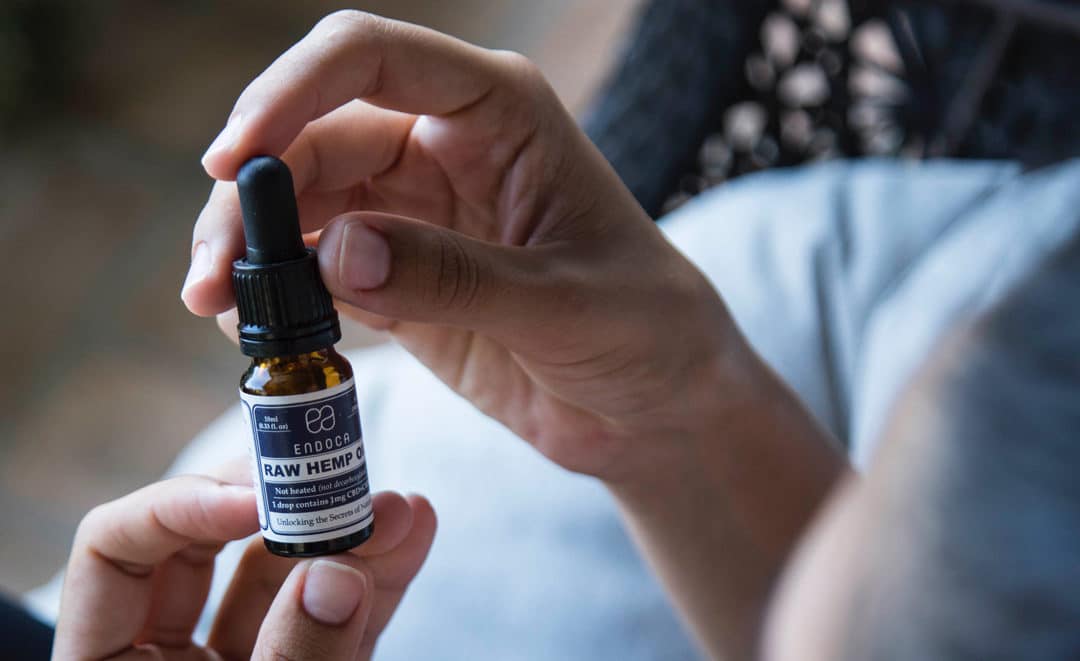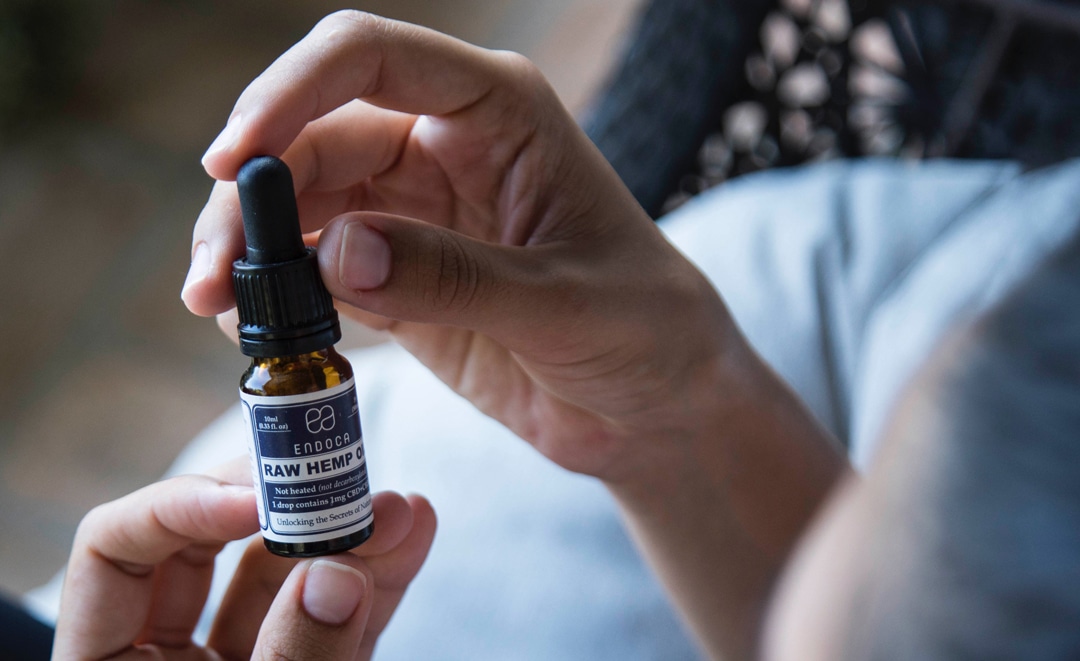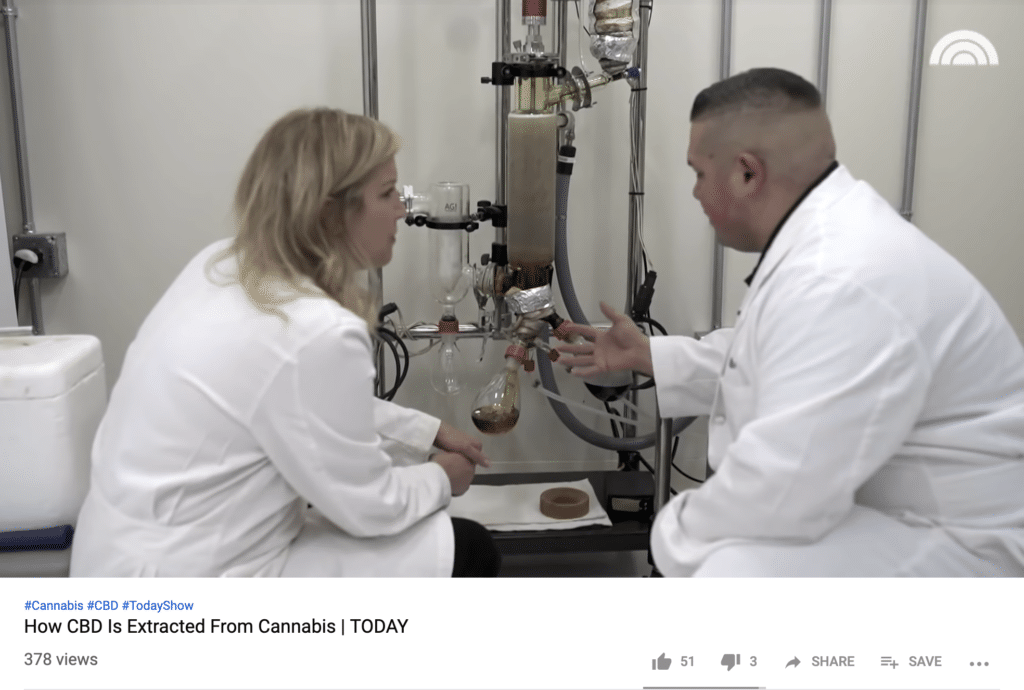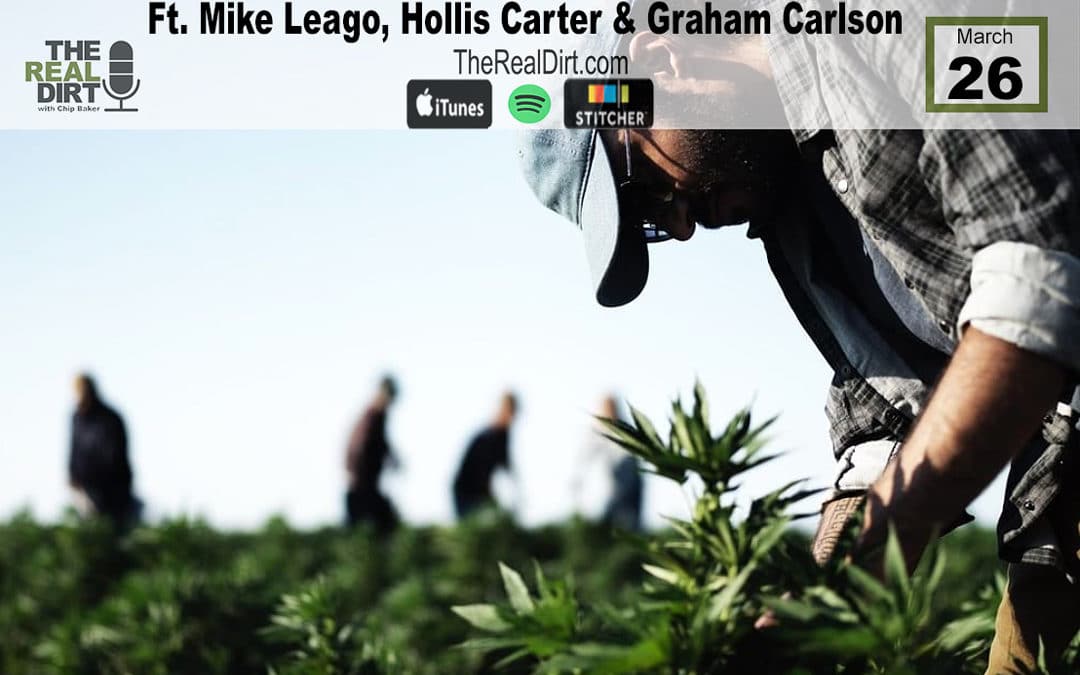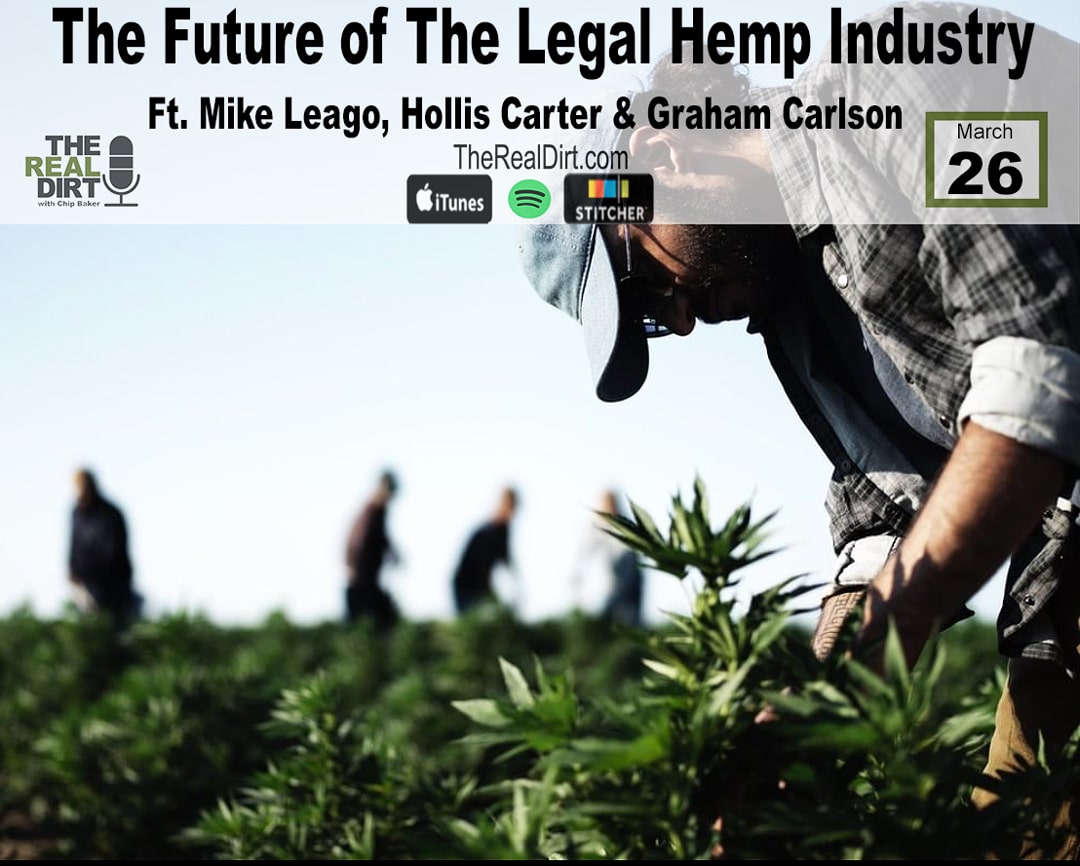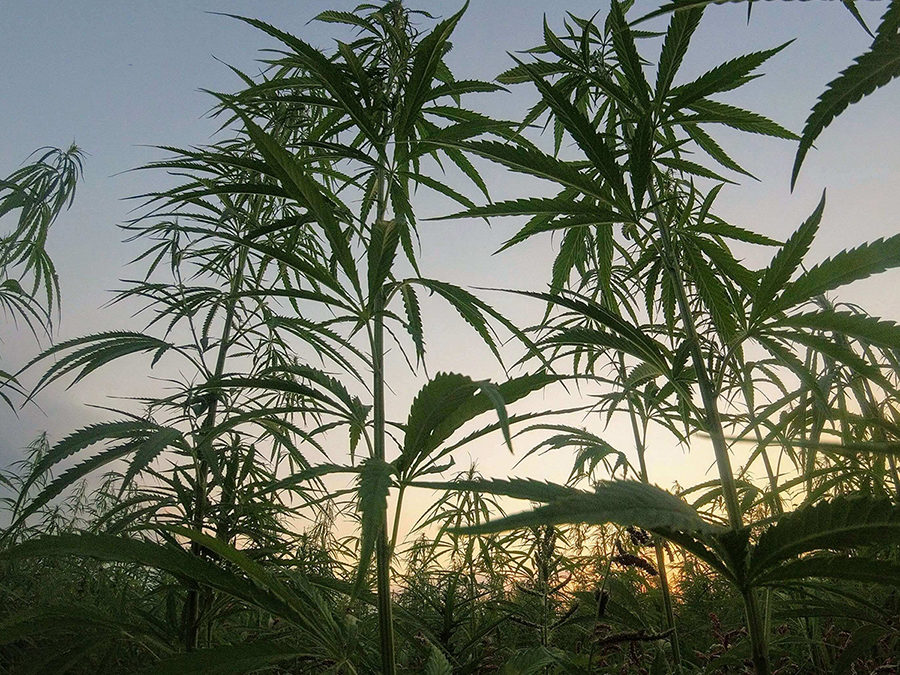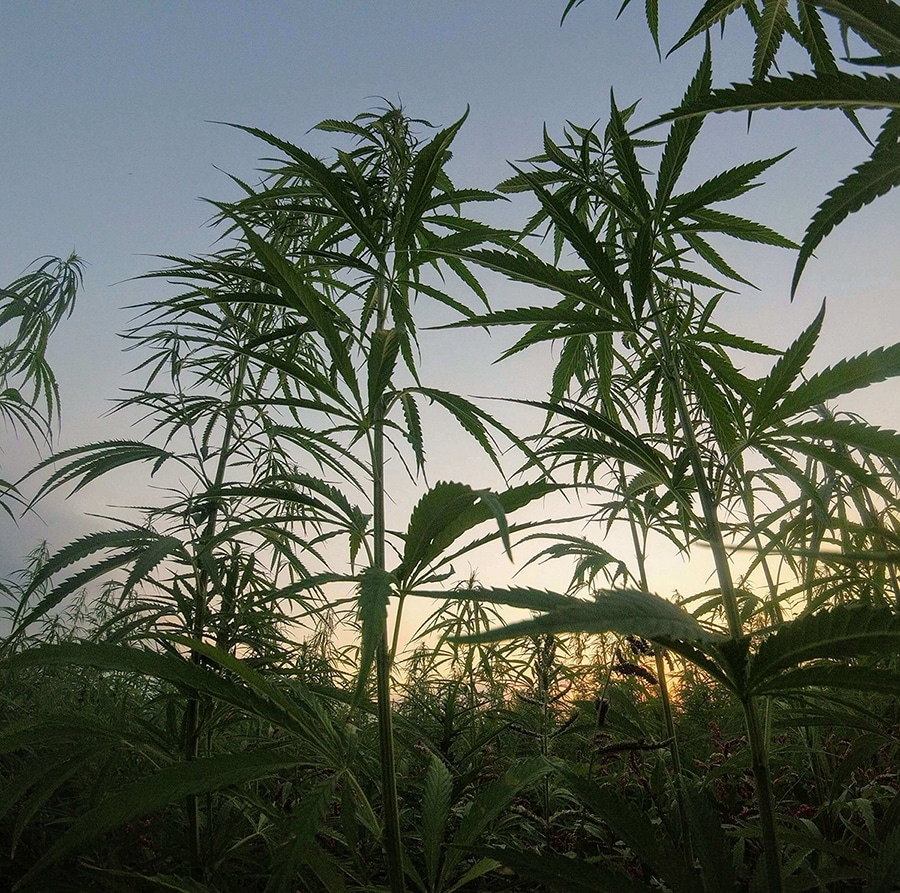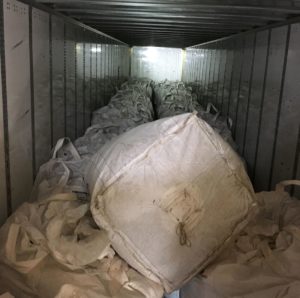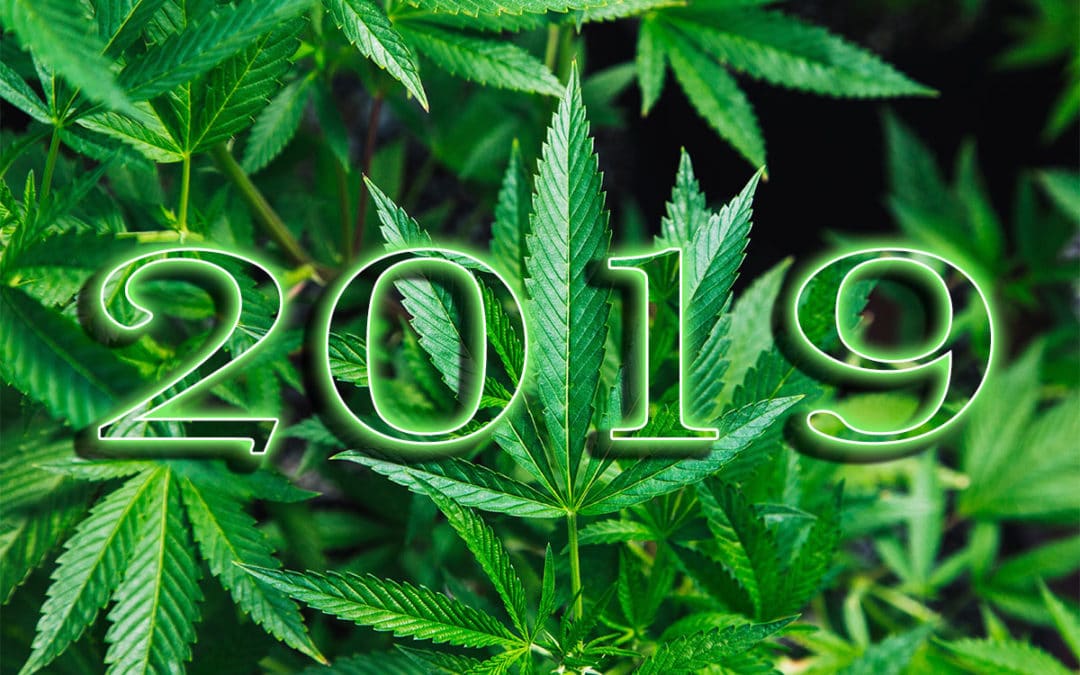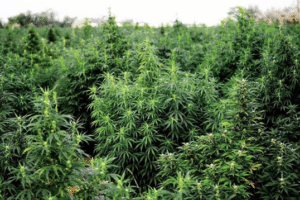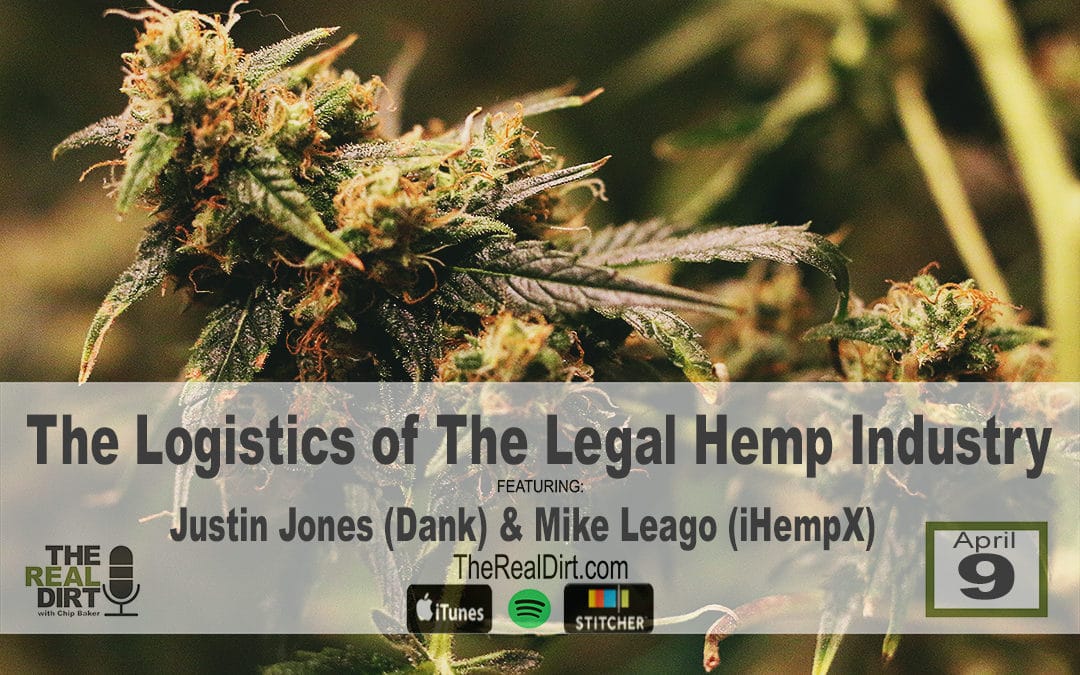
Getting Started in Legal Hemp
Podcast: Play in new window | Embed
Subscribe: Google Podcasts | Spotify | iHeartRadio | Stitcher | Email | TuneIn | RSS
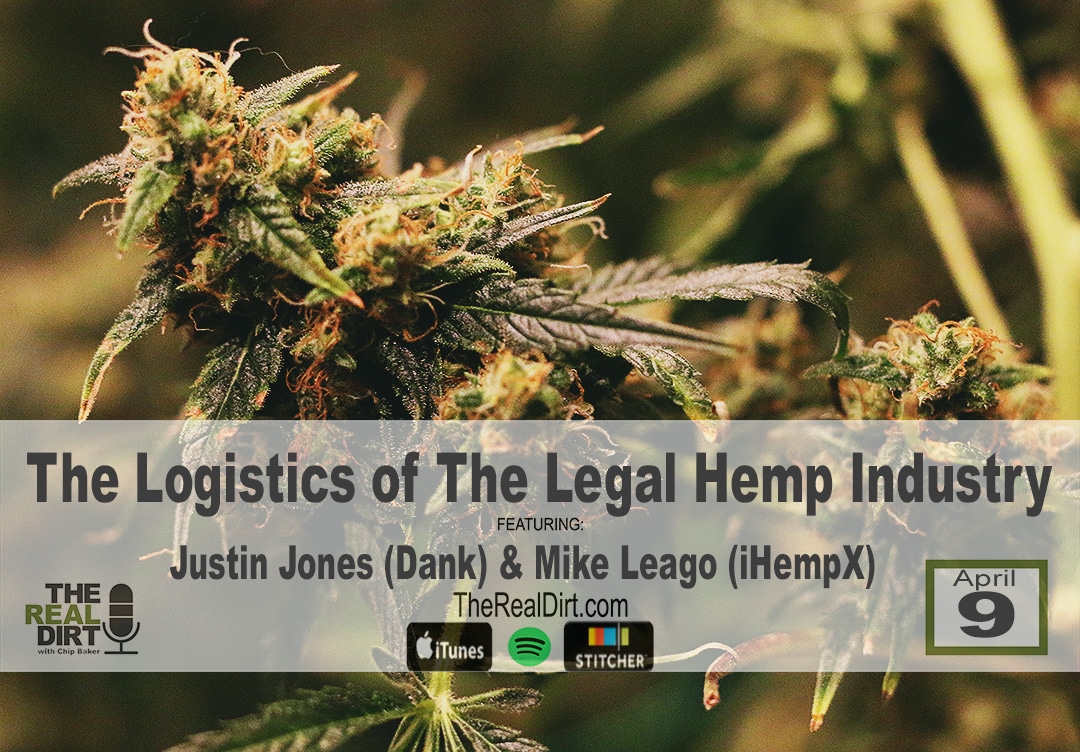
Since the passing of the Farm Bill in 2018, Mike Leago and the International Hemp Exchange have been getting calls non-stop.
A whole new world is opening up in the industry of legal hemp, and almost everybody is trying to get involved. However most people don’t know the next steps past the application process.
The International Hemp Exchange (iHempX) was around well before legalization. They operated only within states that had legal hemp laws on the books prior to federal legalization, like Oregon and Colorado. This gave Mike and iHempX a big head start in the industry.
Getting Started in Legal Hemp
A lot of people trying to enter the legal hemp industry are farmers already. While a good portion of them are cannabis growers, a just as large portion are your everyday, traditional farmers.
Hemp was a million dollar crop in the early 1900s, and a lot of states have had hemp initiatives enacted specifically to promote farming in the past, despite federal law placing hemp on the banned substances list up until December 2018. Now that legal hemp is becoming widespread with the ability to trade across state lines, farmers are getting back into hemp.
What iHempX does is help these farmers get started. There hasn’t been readily available information on hemp and growing practices due to its legality, which makes iHempX a go-to source for new hemp farmers.
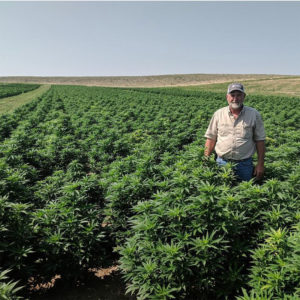
A farmer in his hemp field.
Legal Hemp’s Rising Popularity
According to national figures, there are 275,000 acres of legal hemp currently registered for production. This is compared to a total of 76,000 registered in 2018.
With over 300,000 acres set to be approved for 2019, the industry is set to open up to businesses from all sides. From oils, to fabrics, to CBD tinctures and other products, many small businesses are already getting started.
No big companies have hopped into legal hemp yet, though. As a young, semi-unstable industry, pharmaceutical companies, big health product companies and others are waiting to see how it turns out. Just like legal cannabis, it will most likely be a few years of small-scale growth until big business gets involved.
But the industry already can’t keep up with the supply and demand. There may be thousands of hemp farmers, but there aren’t as many processors or distributors. This has created a bottle neck in the industry where only a select few are growing quickly, while others may still be waiting to have their hemp processed.
Hemp is the New Cash Crop
All hemp is not grown equal, or in the same way. So while some hemp grains or fibers may return only slightly than traditional row crops, but hemp grown for CBD can bring in big money.
While a pound of traditional crop seeds may be $20 a pound, high quality, high CBD hemp can sell for $1 per seed. Now imagine a farmer putting down 2,000 seeds per acre, and producing seeds from their crop. The return compared to traditional crops is exorbitant.
While most people are doing really well with hemp on their farm, not everybody is cashing in. A lot of farmers and growers get caught up just trying to find a seed supplier or a buyer. This could in part be due to the young industry still attracting new business.
As for the businesses that were in operation prior to legalization, they are growing at a rapid rate. They are also diversifying. With so many new options for businesses due to the legality of hemp, new avenues are opening left and right.
This Week’s Episode
In this episode of The Real Dirt Podcast, Chip and Co-Host Justin Jones talk with Mike Leago from the International Hemp Exchange. The first international hemp marketplace, Mike has developed a huge business out of connecting buyers and sellers of all hemp products.
From smokable flower to seeds and biomass, iHempX helps hemp farmers big and small get a strong start in the legal hemp industry. Hear the three dive into the rising trends in the industry, the issues farmers are facing as they try to enter the industry, and where the industry is headed, only on The Real Dirt Podcast!

